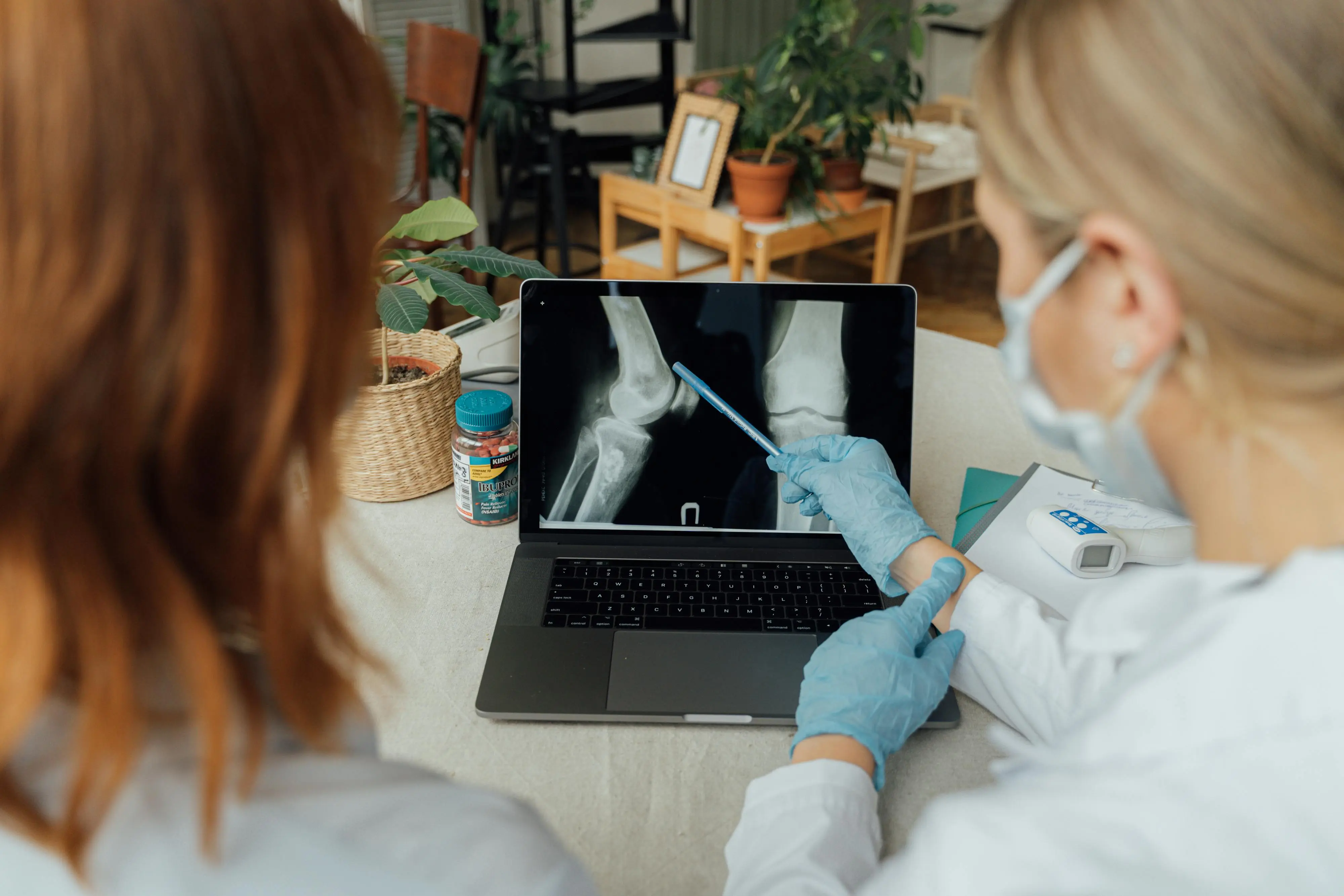Vaccine tips for parents and caregivers
July 16, 2025
.webp)
The following information and resources have been provided courtesy of The Lurie Center for Autism, a program of Massachusetts General Hospital and Mass General for Children.
The Lurie Center for Autism is committed to advancing treatments for and knowledge about Autism Spectrum Disorder (ASD) and other developmental disorders, and translating these discoveries into exceptional clinical care. A program of Massachusetts General Hospital and Mass General for Children, The Lurie Center is a multidisciplinary treatment, research, training, and advocacy organization dedicated to supporting individuals and their families across the lifespan.
This resource is intended to provide information so that you can be better informed. It is not a substitute for medical advice and should not be used to treat any medical conditions.
This information is also available in Spanish. Click here to view this resource.
Guidelines and Recommendations for Individuals Getting a Shot/Vaccine
Preparations
- Explain to the individual the expectations for the day (e.g., “We are going to the Lurie Center. You will be getting a shot. It may hurt/pinch briefly, but then it will be done.”). You may read a social story about what to expect when getting a shot (see resources).
- Dress the individual so that the injection site is easy to reach (e.g., short sleeves)
- Pack an activity/toy/device that could be used to distract the individual when they are receiving the shot. Distraction has been found to decrease reported pain and anxiety during a needle stick/procedure.
- If you have time, practice what may be expected of them (e.g., you can use the attached visual task analysis to walk through the steps/expectations at home).
- Support communication.
- Allow the individual to ask questions, or show them pictures of what to expect (see visual task analysis with pictures of each step that they will experience). Have them express what they are most concerned about, and discuss how you can support them (e.g., “When you get the shot, we can take a deep breath/watch a video”).
- Bring any AAC device/communication supports that the individual may use. It is important they have access to communication and the opportunity to express themselves.
- If you anticipate that the individual might exhibit behavioral challenges or resistance during this appointment, please ensure you bring the number of people needed to keep everyone safe.
Reinforcement/Praise
- Discuss a fun activity/prize that could be given as a reward for complying with the shot (e.g., game on the iPad, special lunch after, small treat/reward). Overcoming anxiety around procedures can be rewarded and an incentive to look forward to can help increase an individual’s compliance when they are scared/worried.
- Stay calm. Parent/Caregiver reactions and anxiety can increase an individual's anxiety. Your role can be to:
- Support the individual’s understanding of what is happening in language familiar to them.
- Provide enthusiastic, accurate, and specific praise to the individual about what they are doing well (e.g.,You are doing a great job holding still for the nurse).
- Minimize attention/neutrally acknowledge the individual’s distress (e.g., hold their hand, let them know you are there to support them, but minimize attention to whining, screaming, etc.). The more attention you provide to distress, the more likely it is to continue/escalate.
- Avoid criticism (e.g. You are not paying attention) and nonspecific praise (e.g.. rather than “great job,” be more specific and tell them exactly what they are doing well).
- When the individual is getting the shot, direct their attention to the distraction/toy, as this allows for them an opportunity to focus their attention on something other than the shot.
Advocate
- Share any accommodations/suggestions with your nurse/provider that would be helpful to support the individual’s success (e.g., talking about preferred interests, when it may be necessary to terminate, any behaviors that you anticipate based on past experiences).
- Ask questions and share any concerns. Open communication is important.
Resources
The resources below are provided as examples of videos and resources that are available online to help children, adolescents, and young adults understand Covid-19 or the vaccine, but you should identify videos or social stories that are appropriate for your child’s language, cognitive profile, and experiences.
.png)
- Vaccine information presented for your child/young adult https://www.youtube.com/watch?v=the81FQoAUIhttps://www.youtube.com/watch?v=p7fDNWwWyBE
- Videos on Covid-19 for Kids https://www.youtube.com/watch?v=GoXxmzKdickhttps://www.kidshealth.org.nz/resources-help-explain-coronavirus-covid-19-children
- Social Stories about Covid-19 and the Vaccine https://www.autismresourcecentral.org/social-stories-for-young-and-old-on-covid-19/https://pathfindersforautism.org/coronavirus-social-stories/https://www.yai.org/covid-19/resource/getting-covid-19-vaccine-social-story-people-developmental-disabilities
- Covid-19 Vaccine Information, Center for Disease Control (fact sheets, patient education materials) https://www.immunize.org/covid-19/?gclid=CjwKCAjw-e2EBhAhEiwAJI5jg4fTbWP3PZhV2MvXUj4-6PcZITSF9TnwXBt316ttgTM5Cu9P-DtguhoC_zkQAvD_BwE
This is a div block with a Webflow interaction that will be triggered when the heading is in the view.
















.png)

